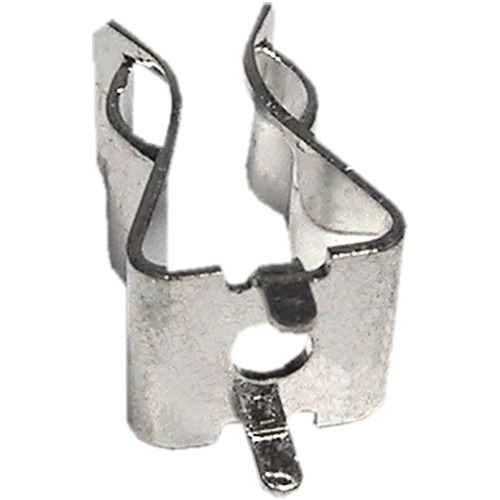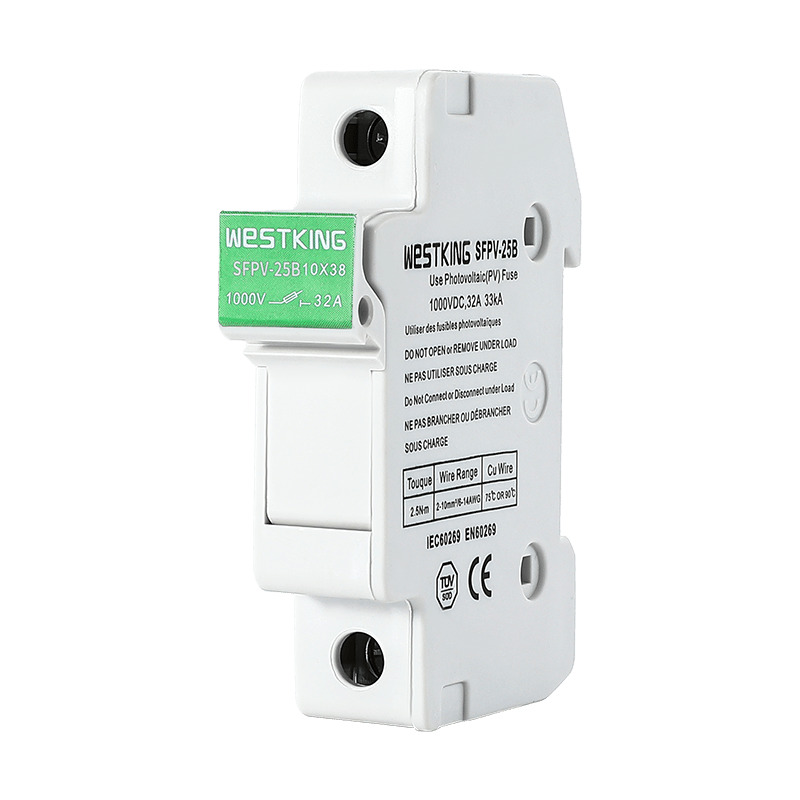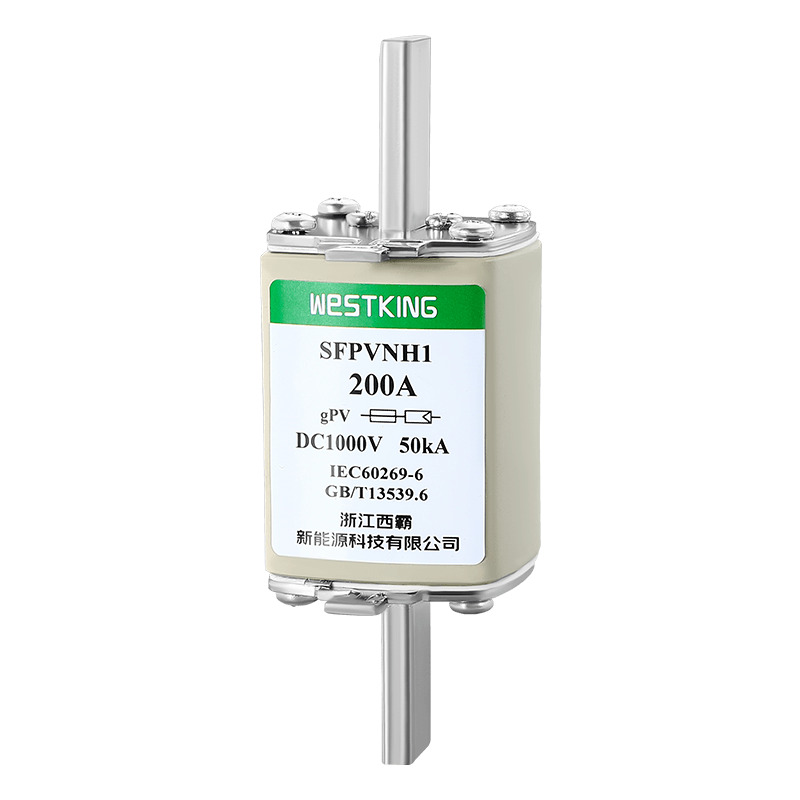
- English
- Español
- Português
- русский
- Français
- 日本語
- Deutsch
- tiếng Việt
- Italiano
- Nederlands
- ภาษาไทย
- Polski
- 한국어
- Svenska
- magyar
- Malay
- বাংলা ভাষার
- Dansk
- Suomi
- हिन्दी
- Pilipino
- Türkçe
- Gaeilge
- العربية
- Indonesia
- Norsk
- تمل
- český
- ελληνικά
- український
- Javanese
- فارسی
- தமிழ்
- తెలుగు
- नेपाली
- Burmese
- български
- ລາວ
- Latine
- Қазақша
- Euskal
- Azərbaycan
- Slovenský jazyk
- Македонски
- Lietuvos
- Eesti Keel
- Română
- Slovenski
- मराठी
- Srpski језик
China IEC Low Voltage Fuse Manufacturer, Supplier, Factory
As a leading supplier based in China, Westking specializes in providing high-quality IEC Low Voltage Fuses. With a dedication to meeting international standards, Westking's products are meticulously designed and manufactured to ensure reliable performance and optimal safety in low voltage applications. Whether for industrial, commercial, or residential use, Westking's IEC Low Voltage Fuses offer dependable protection against overcurrents, ensuring the smooth operation of electrical systems. Trust Westking as your preferred supplier for top-notch IEC Low Voltage Fuses, delivering peace of mind and efficiency to your projects.
What is an IEC low voltage fuse?
IEC low voltage fuse is a fuse that complies with the standards of the International Electrotechnical Commission (IEC), and is mainly used in AC circuits with a voltage not exceeding 1000V or DC circuits with a voltage not exceeding 1500V. The rated segmentation capacity of this fuse is not less than 6KV, ensuring its safety in high voltage environments. The design of IEC low voltage fuses takes into account a variety of electrical parameters, including rated voltage, temperature coefficient, cooling coefficient, arc voltage, overload current, melting energy, power consumption and short-circuit current, to ensure its stability and safety under different working conditions.
The characteristics of IEC low voltage fuses include:
Rated voltage: Tested at 110% of the rated voltage to ensure its stability under normal working voltage.
Temperature coefficient: Defined as an ambient temperature of 25-30℃, operating in a temperature range of -55-+100℃.
Cooling coefficient: If air cooling is used to cool the working fuse, the rated current value will increase.
Arc voltage: The peak value of the arc voltage generated during melting does not exceed 2.5 times the RMS voltage of the fault circuit.
Overload current: The overcurrent that occurs during normal operation is less than 8-10 times the rated current.
Breaking energy: The comprehensive breaking energy includes the pre-arcing energy and the breaking energy to ensure the safety of the circuit.
Power consumption: The power consumption of the fuse at the rated current.
Short-circuit current: The maximum short-circuit current that can be tolerated to ensure the safety of the equipment in the event of a short circuit.
IEC low voltage fuses are widely used, not only for circuit protection in homes and commercial buildings, but also in automotive circuits, such as battery and generator protection, to ensure the safety and stability of automotive circuits. IEC low voltage fuses have excellent thermal and electrical properties, which help to extend service life and improve reliability. The fuse design uses advanced technology to improve the ability to handle high surge currents, making it an ideal choice for motor and transformer applications.
- View as
NT00 NT1 NT2 NT3 NT4 Fuse Bases
Westking's NH Fuse Base is a mounting base designed for NH series fuses. Typically made from DMC (Diaminomethylcyclohexane), these bases offer excellent insulation properties and resistance to aging. Their design prioritizes safety, protection, and ease of installation, providing a compact and simple solution for fuses in low-voltage applications.
Read MoreSend InquiryNT00 NT1 NT2 NT3 NT4 Fuse Links
WESTKING NH(NT) FUSE is suitable for 50HZ or 60HZ, has obtained CCC certification, and is commonly used in industrial and communication fields. Unlike other factory-made products, WESTKING's NH(NT) FUSE can meet the application requirements in three different voltage levels, 500VAC, 690VAC, and 440VDC. It uses high-strength ceramic and purple copper as the connection, which has the advantages of low temperature rise and low power consumption.
Read MoreSend Inquiry







